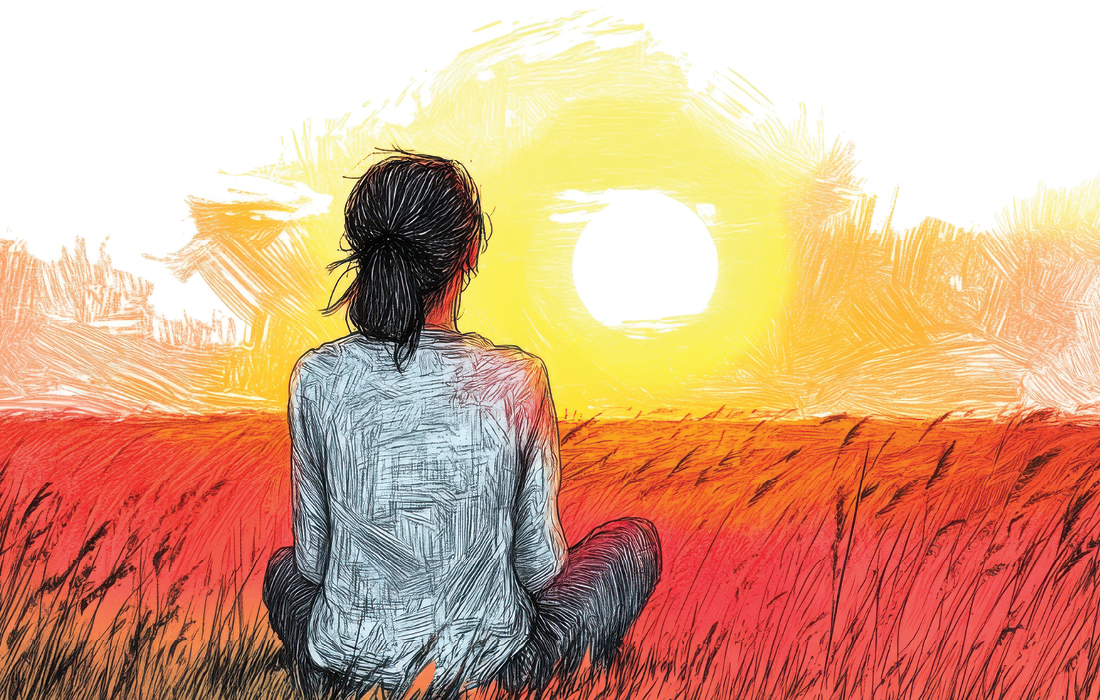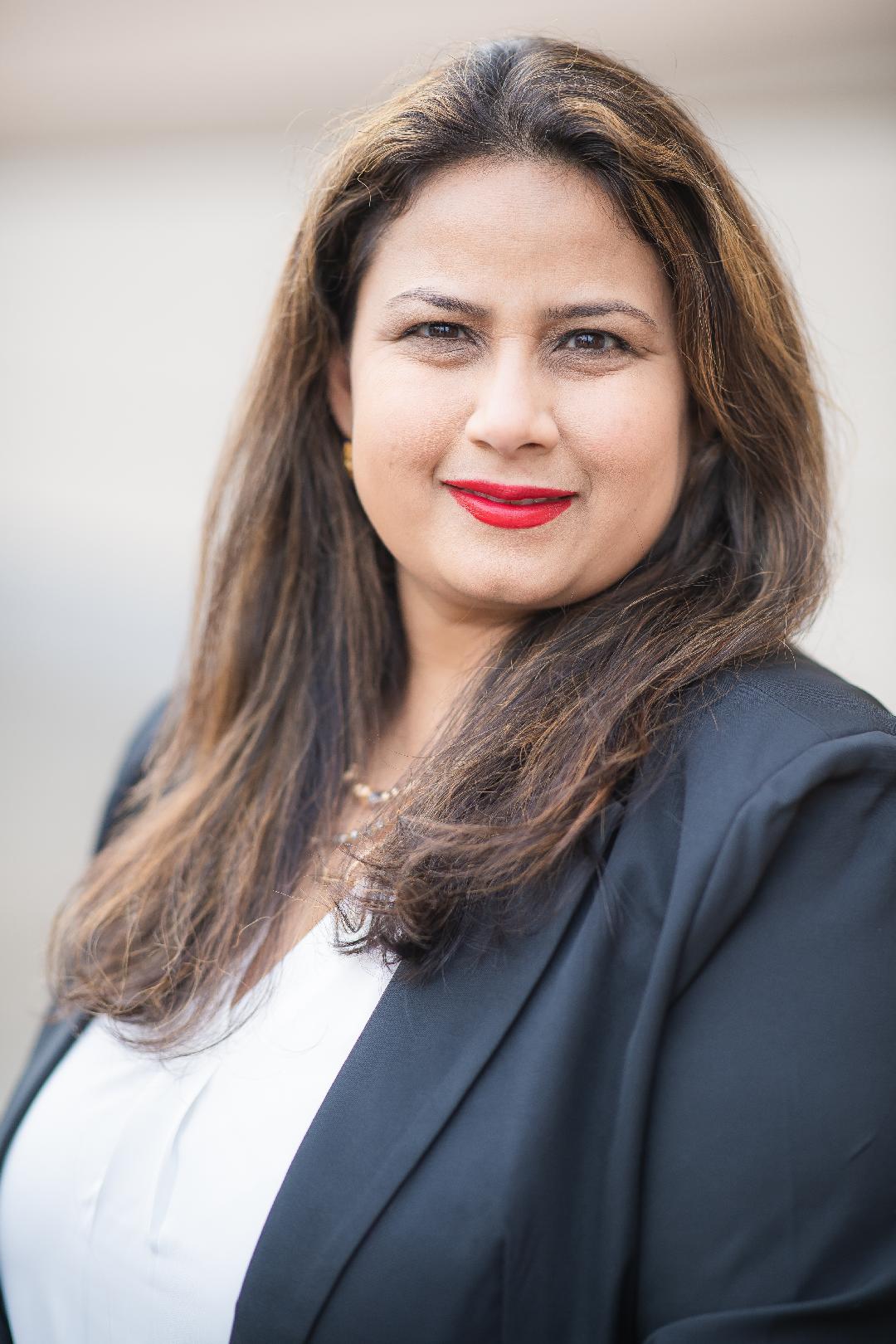My View: My journey with oral cancer awareness


Manu Dua, D.M.D., was a dentist in private practice in Calgary, Alberta, Canada. He was nearly eight years younger than me — my only sibling. He pursued my footsteps into dentistry, however dentistry led him out.
In 2019, Manu was diagnosed with stage 2 oral squamous cell carcinoma of the tongue with nodal involvement. He underwent a hemiglossectomy and neck dissection in August 2019. Unfortunately, in April 2020, as the world struggled with COVID-19, his cancer returned aggressively. Border closures and the absence of vaccines made it nearly impossible for me to travel from New York to Canada.
On a Friday, he was admitted to the hospital in an emergency. By Saturday, while I was at work, he was moved to hospice. The next day, as I desperately sought a PCR test to cross the border, I had a video call with him. And in that call, I told my little brother to let go.
“You don’t have to wait for me. You don’t have to hurt anymore. Go if you need to. I love you. I’ll see you soon.”
A few hours later, on March 14, 2021, in the midst of the pandemic, with only our parents by his side, Manu took his last breath. He was just 34. April is Oral Cancer Awareness Month and while my brother is on my mind every month — and every day — it’s a good time to share his story with the dental community. Dentists are often the first to spot a lesion or detect an abnormality in the mouth, and it’s imperative they know how to detect the signs of oral cancer.
I was a keynote speaker in February at the ADA Oral Cancer Summit in Chicago, bringing my brother’s story to leaders in dentistry and medicine. I am grateful to have a seat at the table with some visionary leaders at the ADA, including ADA President Brett Kessler, D.D.S., and Interim ADA Executive Director Elizabeth Shapiro, D.D.S., J.D. The experience was humbling and an honor to be a part of. I was so proud to be in the room when oral cancer got the spotlight that it deserves. It is with collaborations with other medical professionals and industry leaders and having candid discussions that we can bring about change.
Tragedy of denial, delayed diagnosis
Manu never thought he would have cancer. Like most young professionals, it wasn’t even on his radar. He had just started his practice, bought a home and paid off his student loans — he was finally reaping the rewards of his hard work.
When he first showed me his lesion in June 2019, he was already under the care of dentists and oral surgeons. Manu had a late diagnosis. He was prescribed prednisone without a biopsy — a crucial step that was missed. There were many missteps in his care: late diagnosis, delayed scans, missed interventions. These failures are documented in the epilogue of his book, “Life Interrupted: Dr. Dua’s Survival Guide.”
When I told Manu, he dismissed it. “Cancer doesn’t hurt. My lesion hurts. This isn’t cancer.”
He had every classic symptom — nonhealing lesions, jaw pain, earaches, difficulty eating — yet he reassured me he was being monitored. Denial. It’s a form of self-protection, isn’t it?
Weight of loss
After Manu passed, I felt like I had failed — as a sister, dentist and daughter. I couldn’t save him; after all, it was my job to protect him as an older sibling. I couldn’t push for an earlier diagnosis. I couldn’t protect my parents as they watched their vibrant son endure surgeries, chemotherapy, radiation and immunotherapy — alone.
In December 2020, when I flew to see him under Canada’s Compassionate Release, Manu had a chest port, draining a liter of fluid daily. The cancer had spread to his lungs, pelvic bone and other areas. He couldn’t walk. He couldn’t talk. Death was this elephant in the room that we tried to ignore.
My father, who had lost his own parent to cancer, asked me when Manu was first diagnosed, “Is Manu going to die?” I had confidently said, “No. He’s young, strong and will get through this.” A few weeks before Manu’s death, my father asked me the same question again. This time, I had to say, “Yes. Prepare yourself.” It was one of the hardest conversations of my life — telling a father he would outlive his son.
Price of grief
Grief is relentless and has no timeline. I know what it’s like to show up for others while being completely empty inside. I am a dentist, mother, wife, sister, daughter, practice owner — just like many of you, juggling the different hats of life while carrying invisible burdens.
Three years after Manu’s death, on the Friday after Thanksgiving last year, my father suffered a cardiac arrest. With no cardiac issues, blockages or clots — just due to a broken heart.
By Saturday, I was on an emergency flight to Calgary. Again, knowing I was planning a funeral. I was already told to prepare for the worst. It was a bad déjà vu. Within hours of landing, I faced another unimaginable moment: telling my mother, “We have to let him go.” Within minutes of being taken off life support, he was gone.
Turning pain into purpose
I carry my grief every single day. Some days, it’s heavier than others. Cancer doesn’t just impact the patient but also the village around the individual. My family is a living testament of that. With Manu, I lost my past and part of my future. I lost my identity as a sister.
I don’t want his death to be just another statistic. Another loss by cancer. But rather help bring about a change. It is preventable and lives can be saved.
We, as dental professionals, must do better. Oral cancer is the sixth most common cancer worldwide. We are at the frontlines, and yet, many of us are underprepared to detect it early. I share my story as a reminder of the impact that we have. We are more than just cavity hunters. We can do more than just save a tooth; we can save lives.
A cancer diagnosis is more than a clinical event; it is a life-altering experience for patients and their families. This is a reminder to slow down as we examine our patients, to learn to practice with empathy and compassion, to have patients feel seen and heard, to do an exam clinically (it doesn’t take long), and to train our staff to be aware of some of the symptoms.
Despite all the advancements in medical technology, one truth remains constant: Early detection is the key to survival. Of the 70% of cases that are diagnosed in stages 3 and 4, survival rates are lower than 50%, but of the 27% of cases diagnosed early in stage 1 and 2, survival jumps to over 80%. However, change cannot happen in isolation. We can’t hope for a better yesterday but can aspire for a better tomorrow. Change starts with conversations like these, with an openness to collaboration across specialties and with a collective commitment to raising the standard of care for oral cancer detection and treatment. And it happens when we do it together.
Dr. Makkar is a dentist, speaker, author and advocate for oral cancer awareness. She practices in Long Island, New York, and, following the loss of her brother, she dedicated herself to educating health care professionals and the public on early diagnosis and prevention.



